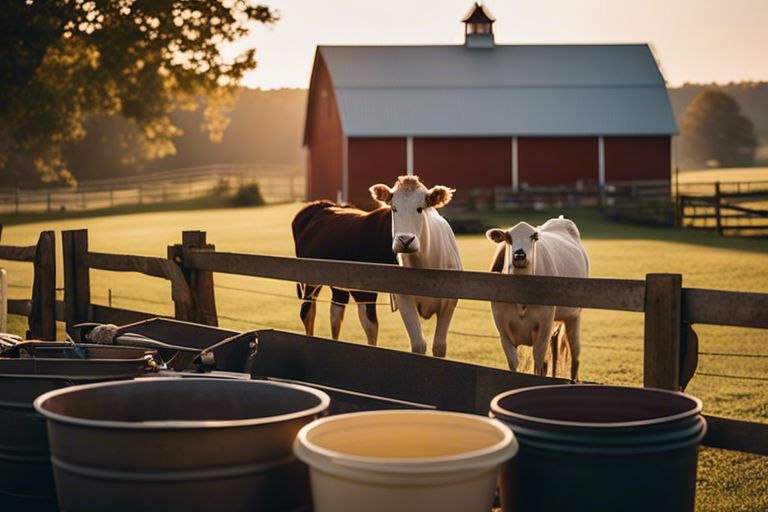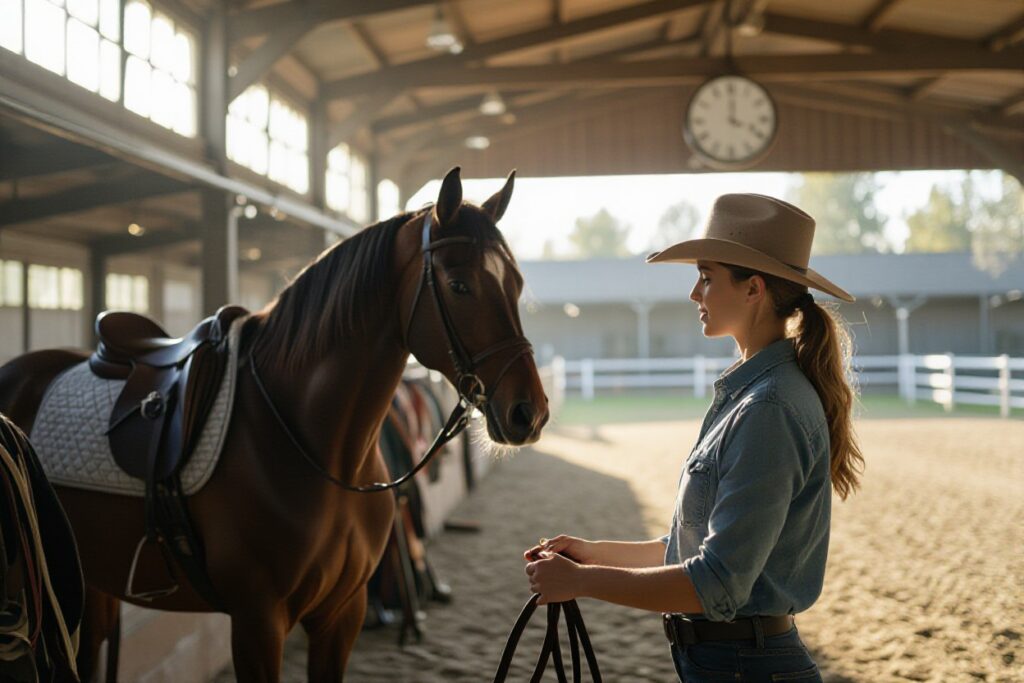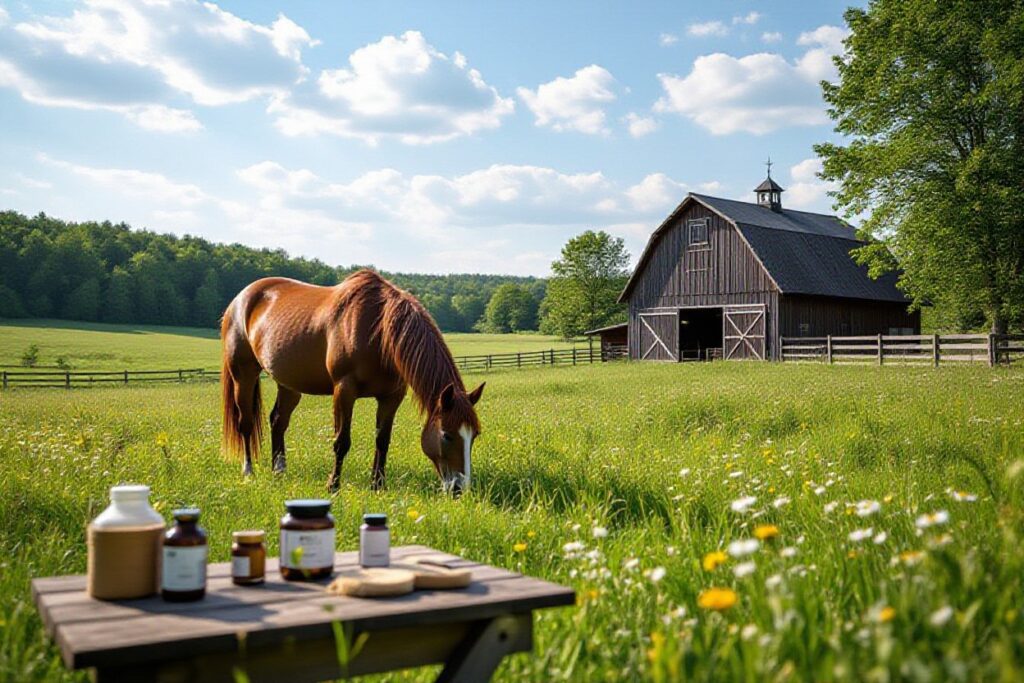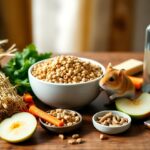Most successful livestock owners understand the importance of having the right supplies on hand to ensure the health and well-being of their animals. From daily care to emergencies, having the imperative tools and equipment can make a significant difference in the overall management of a livestock operation. In this blog post, we will discuss some of the must-have supplies that every livestock owner should have in their arsenal.
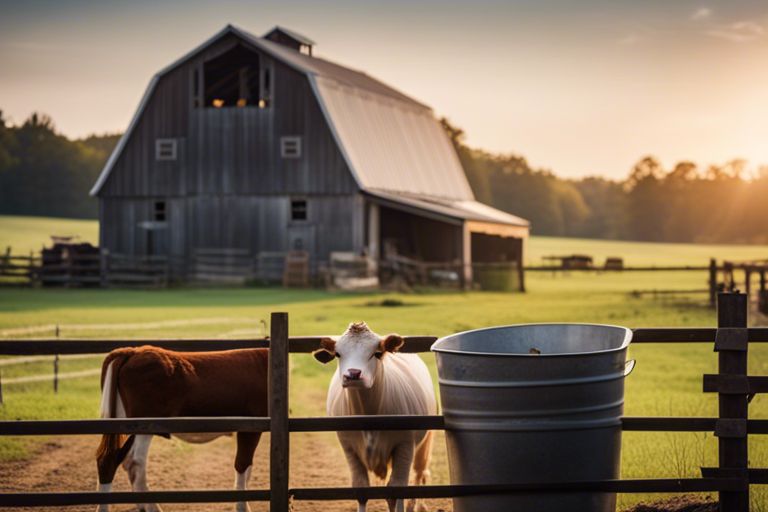
Basic Needs for All Livestock
Feed and Water Supplies
To ensure the well-being of your livestock, it is important to provide them with adequate feed and water supplies. This includes high-quality feed that meets the nutritional requirements of each animal, as well as access to clean and fresh water at all times. Proper nutrition and hydration are crucial for the health and productivity of your animals, so be sure to invest in good-quality feed and reliable water sources.
Shelter and Bedding Essentials
Basic shelter and bedding are important for all livestock to protect them from extreme weather conditions and provide them with a comfortable resting area. Make sure your animals have access to a suitable shelter that keeps them dry, warm, and protected from the elements. Bedding, such as straw or wood shavings, should be provided to ensure a clean and cozy environment for your livestock to rest and relax.
Shelter and bedding are not only important for the physical well-being of your animals but also play a crucial role in reducing stress and promoting good health overall.
Health and Wellness
Veterinary Supplies
Wellness is important for the overall health of your livestock. As a livestock owner, it is crucial to have a well-stocked supply of veterinary supplies on hand. These supplies may include vaccines, antibiotics, dewormers, and wound care products. Regular check-ups and vaccinations are key to preventing diseases and ensuring the well-being of your animals.
Grooming and Hoof Care
The grooming and hoof care of your livestock are vital aspects of their health and wellness. Regular grooming helps to keep your animals clean, inspect their overall health, and prevent skin issues. Hoof care is crucial to prevent lameness and other foot problems that can affect the mobility and comfort of your animals. Investing in quality grooming and hoof care tools is a must for every livestock owner.
To maintain the health and wellness of your livestock, it is important to prioritize their grooming and hoof care routines. Regularly grooming your animals helps to remove dirt, debris, and parasites from their coat, while also allowing you to check for any signs of illness or injury. Trimming and maintaining their hooves on a regular basis can prevent issues such as hoof rot and lameness, keeping your animals happy and healthy.
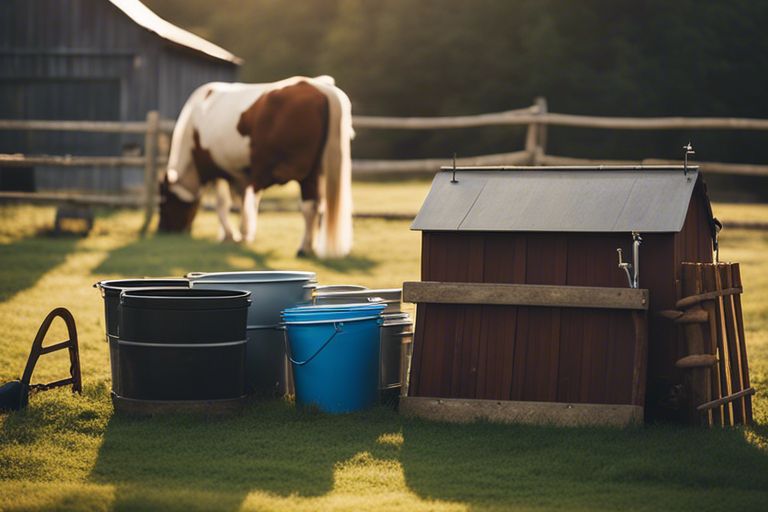
Handling and Transportation
Fencing and Containment Solutions
Containment is vital for livestock owners to ensure the safety and well-being of their animals. Investing in sturdy fencing, such as wooden or electric options, is necessary to keep your livestock secure within designated areas. Additionally, consider adding gates and barriers to control access and movement, reducing the risk of escapes or unwanted interactions with neighboring animals.
Transport Equipment for Livestock
On the topic of transportation, having the right equipment is crucial for safely moving livestock from one location to another. Livestock trailers, equipped with proper ventilation and secure compartments, are ideal for transporting animals such as cattle, sheep, and pigs. It is important to ensure that the trailers are well-maintained and meet transportation regulations to prevent any injuries or stress to the animals during transit.
Handling livestock can be a challenging task, requiring the right tools and techniques to ensure both the animals and handlers are safe. Implementing proper handling facilities, such as chutes and pens, can streamline the process of moving and managing livestock. Additionally, investing in handling tools like sorting sticks, halters, and ropes can aid in the safe and efficient handling of animals during various tasks such as vaccinations, grooming, or transportation.
Specialty Supplies Based on Livestock Type
Dairy Production Necessities
Now, let’s focus on necessary supplies for dairy production. Supplies such as milking machines, stainless steel milk pails, udder cleaning products, and teat dip are crucial for maintaining a clean and efficient milking process. Other necessities include cow halters, breeding supplies, and hoof care products to ensure the health and wellbeing of your dairy herd.
Poultry Farming Essentials
Farming poultry requires specialized supplies to ensure the health and productivity of your flock. Essential supplies for poultry farming include high-quality feed, waterers, feeders, heat lamps, and nesting boxes. It’s important to have biosecurity measures in place, such as disinfectants and pest control products, to prevent the spread of diseases among your poultry.
Essentials
In terms of poultry farming, attention to detail is key. Providing your birds with a comfortable and clean environment, along with a balanced diet, will help them thrive. Regularly inspecting your flock for any signs of illness and promptly addressing any issues will also contribute to the overall success of your poultry farming operation.
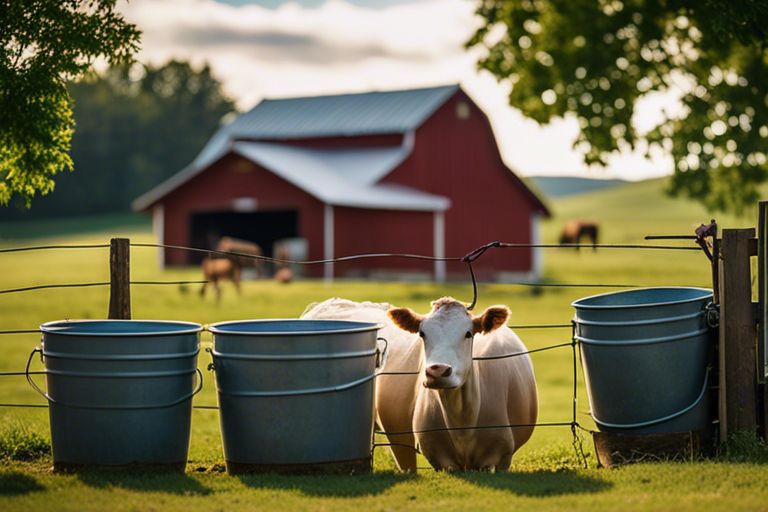
Management and Record Keeping
Identification and Tagging
Tagging is necessary for livestock owners to properly identify their animals. By using ear tags, neck tags, or even electronic tags, you can keep track of individual animals for breeding purposes, health management, and ownership records. Always ensure tags are secure and legible to avoid any confusion or mix-ups.
Record-Keeping Tools
With the advancements in technology, livestock owners now have a range of record-keeping tools at their disposal. From simple spreadsheets to specialized software, these tools can help you track important information such as breeding dates, vaccination schedules, and health records. Choose a system that works best for your operation’s size and needs to maintain accurate and organized records.
Record keeping is not just a regulatory requirement but also a valuable tool for successful livestock management. By maintaining detailed records, you can track the performance of individual animals, monitor trends across your herd, and make informed decisions to improve overall productivity and health. Regularly updating and reviewing your records will ensure that you stay on top of your livestock management practices.
To wrap up
Drawing together all the necessary supplies for livestock ownership is vital for the health and well-being of your animals. By ensuring you have proper fencing, shelter, feed, water, and health supplies, you can create a safe and secure environment for your livestock to thrive. Recall, investing in quality supplies will save you time and money in the long run by preventing issues and ensuring the longevity of your animals. Being prepared with these vital supplies will help you maintain a successful and sustainable livestock operation.
FAQ
Q: What are crucial supplies every livestock owner needs?
A: Livestock owners should have basic supplies such as feed, water, shelter, and medical supplies for their animals.
Q: Why is it important for livestock owners to have feed as an crucial supply?
A: Feed is crucial for providing necessary nutrition and energy to livestock for their growth, health, and overall well-being.
Q: What role does water play as an crucial supply for livestock?
A: Water is crucial for hydration, digestion, regulation of body temperature, and overall health of livestock.
Q: Why is shelter considered an crucial supply for livestock?
A: Shelter protects livestock from extreme weather conditions, predators, and provides a safe and comfortable environment for them to rest and seek refuge.
Q: What medical supplies should livestock owners have on hand?
A: Livestock owners should have basic medical supplies like bandages, antiseptics, vaccines, and medications to address common health issues and emergencies.
Q: How often should livestock owners restock their crucial supplies?
A: Livestock owners should regularly assess their supplies and restock as needed to ensure they can meet the daily requirements and emergencies of their animals.
Q: What are some tips for effectively managing crucial supplies for livestock?
A: Keep supplies organized, store them in a cool, dry place, check expiration dates regularly, and create a list to track inventory and restocking needs.
